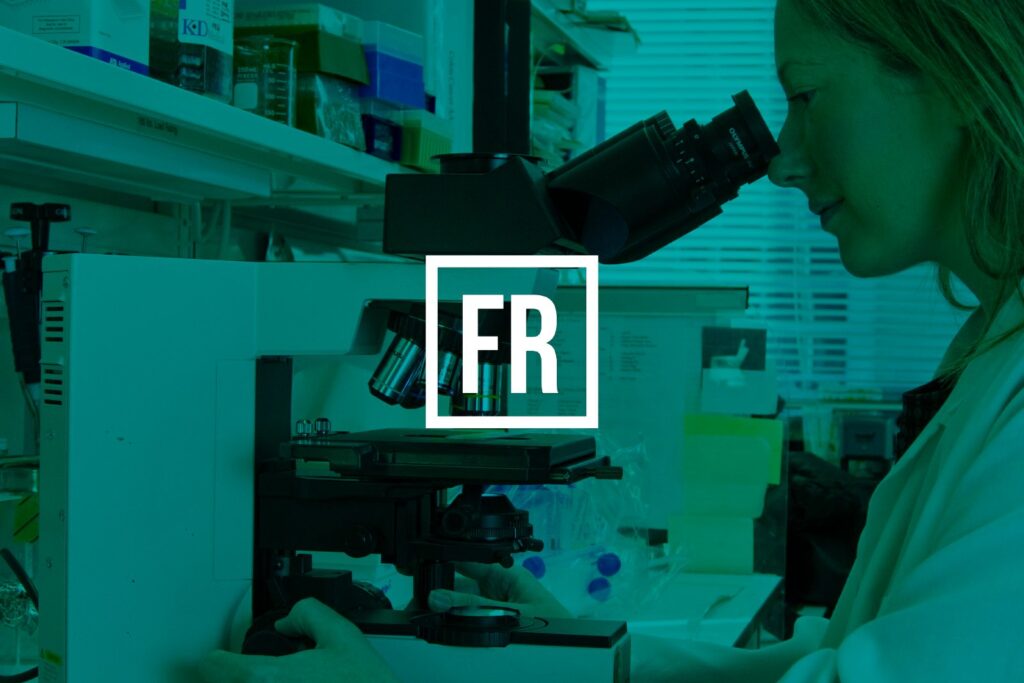In our society, fertility is still considered a female issue with most of the responsibility for reproduction left to women. This is made worse by the fact that most doctors in fertility clinics are gynaecologists trained only to look after women. As a result, men are overlooked. Yet we know from a HFEA (Human Fertilisation and Embryology Authority) 2016-17 ‘State of the fertility sector’ report that in over half of cases, the major problem is with the man. Male reproductive health has been largely ignored. Men have not been looked after or diagnosed properly. This has caused men to feel ignored and emasculated during the whole fertility journey. Given that sperm contributes 50% of a child’s DNA, much more needs to be done to assess and improve sperm quality before treatment. Whilst women have numerous tests to assess their fertility, men are still only offered a semen analysis which hasn’t changed for 40 years. We need to move our focus from women to Couple Care and provide more detailed testing for men to provide fertility equality.
Male fertility tests
The semen analysis is the gold standard, and it needs to be tested first. It provides 3 pieces of basic information: the number of sperm, their structure or morphology and how well they can swim. But it has its limitations. In up to 25% of cases, it will not be able to detect serious problems with the sperm. We need further tests to determine if the sperm are healthy or stressed and we need to check DNA quality. We know now that healthy, undamaged DNA is important to achieve a pregnancy, to prevent a miscarriage and to lead to a healthy baby. Sperm DNA needs to be tested and if necessary, steps need to be taken to improve it before fertility treatment.
Sperm DNA tests like Exact (powered by SpermComet®) unravel the DNA package inside individual sperm to see how many are damaged and how much damage each sperm has. Exact tests can provide a diagnosis to many couples with unexplained infertility. From these results, a couple has detailed male information to take to their doctor to guide their treatment plan. In recent years, experts have begun to advocate ways of improving sperm health before treatment. It’s really important to understand that DNA damage in sperm cannot be repaired after ejaculation. That said, there is good news! Men produce millions of new sperm every three months, so this three-month window can be used to make better sperm. Better sperm DNA quality leads to better success rates in IVF (In-Vitro Fertilisation).
There are several ways your sperm health can be improved
The first is by lifestyle changes. There are lots of little changes that can help although I don’t underestimate how hard these can be if my attempts at dieting are anything to go by! But seriously, the health of your sperm can have a really big impact on your chances of becoming a Dad and also of having a healthy child.
Smoking: Smoking over 20 cigarettes a day has been shown to reduce sperm count and motility. Tobacco contains over 4,000 ingredients and lots of them are toxic to sperm. One of the big problems with smoking is that it produces lots of ‘free radicals’ and these can stress or kill sperm. Smokers often have lower sperm counts, more abnormal looking sperm and slower swimmers.
Drinking Alcohol: Drinking more than 2 pints of beer or 1 large glass of wine a day increases your risk of infertility. Alcohol can reduce sperm count and motility. When starting a family, keep alcohol intake to a minimum for at least 3 months prior to trying for a baby. UK guidelines (https://www.nice.org.uk/guidance/cg156/chapter/recommendations) say that men trying for a baby shouldn’t drink more than 3-4 units of alcohol a week.
Stress: Stress can limit sperm production and quality; again by producing free radicals, but one of the worst results of stress is it can put couples off sex. Taking some of the stress out of your life can go a long way to improving your sperm quality.
Recreational Drugs like Cannabis or Cocaine: Cannabis damages sperm in many ways. It slows sperm down and changes the way they act, making it harder for them to find the egg and to penetrate it when they do. Regular cannabis use over a few years can permanently reduce a man’s ability to make sperm. Using Cocaine when you are conceiving either naturally or with fertility treatment can lead to your baby being born very tiny, having poor health or learning difficulties.
Weight: Being overweight can reduce both the quantity and quality of the sperm you produce.
Your diet: Eating a healthy balanced diet is important for healthy sperm. Just like you, sperm need lots of different nutrients to function properly. Your diet should have
- Plenty of protein like meat, fish, eggs and beans, milk, yoghurt and cheese
- Lots of fruit and steamed vegetables
- Some starchy foods like bread, rice, potatoes and pasta
- NOT too much fat, sugar or salt
General health and prescription drugs
It may be that an illness you already have, like diabetes or asthma, and even their medications affect your fertility. Make a visit to your family doctor and tell them you are trying for a family so they can make sure your medications aren’t interfering.
Referral to a Urologist
The second way to improve your sperm health is to schedule an appointment with a male fertility expert: a Urologist. They will diagnose a man’s fertility problems more thoroughly including a detailed clinical history and examination including asking you all about your current lifestyle, medications or supplements. You may be taking over the counter medications which are affecting sperm quality. A seemingly innocuous treatment for hair loss or a protein shake at the gym are known to lower sperm count. Your semen needs more than the ‘first step’ semen analysis. Currently if you have normozoospermia (normal sperm), you won’t be offered any further investigations. Urologists may suggest that your semen is cultured to detect infections treatable with antibiotics. They will request specialized tests for oxidative stress and sperm DNA quality to determine if you will benefit from antioxidant supplementation. This is clinically important, as taking supplements without a clinical indication can damage your sperm health.
Finally, a urologist will check to see if you have a varicocele. A varicocele is like a varicose vein on the scrotum. Varicoceles are one of the most common yet treatable causes of male infertility. Up to 40% of men with infertility have varicoceles. This figure increases to a staggering 80% of men as they age and want more children. Varicoceles impair semen parameters and sperm DNA and are linked with lower pregnancy rates and live births. These additional investigations are so important. If you don’t get a diagnosis of your problem; there can be no direct solution. This can lead to expensive, invasive, prolonged and often unsuccessful cycles of fertility treatment. Don’t sell yourself short. Both you and your partner need full investigations and optimal treatment to have your family without unnecessary delay.
Male reproductive health has been largely ignored. Men have not been looked after or diagnosed properly. We need to move our focus from women to Couple Care and provide more detailed testing for men to provide fertility equality.






